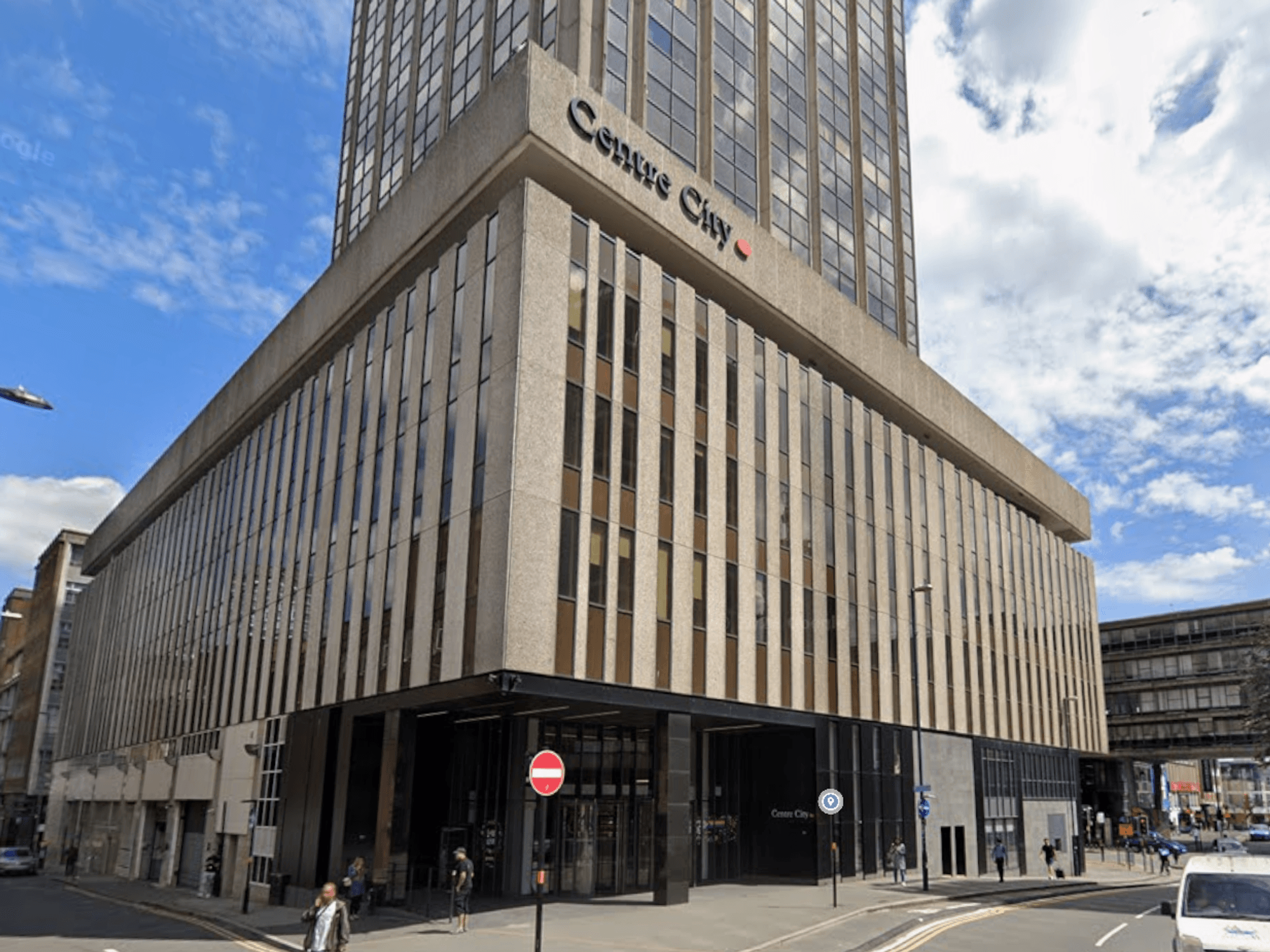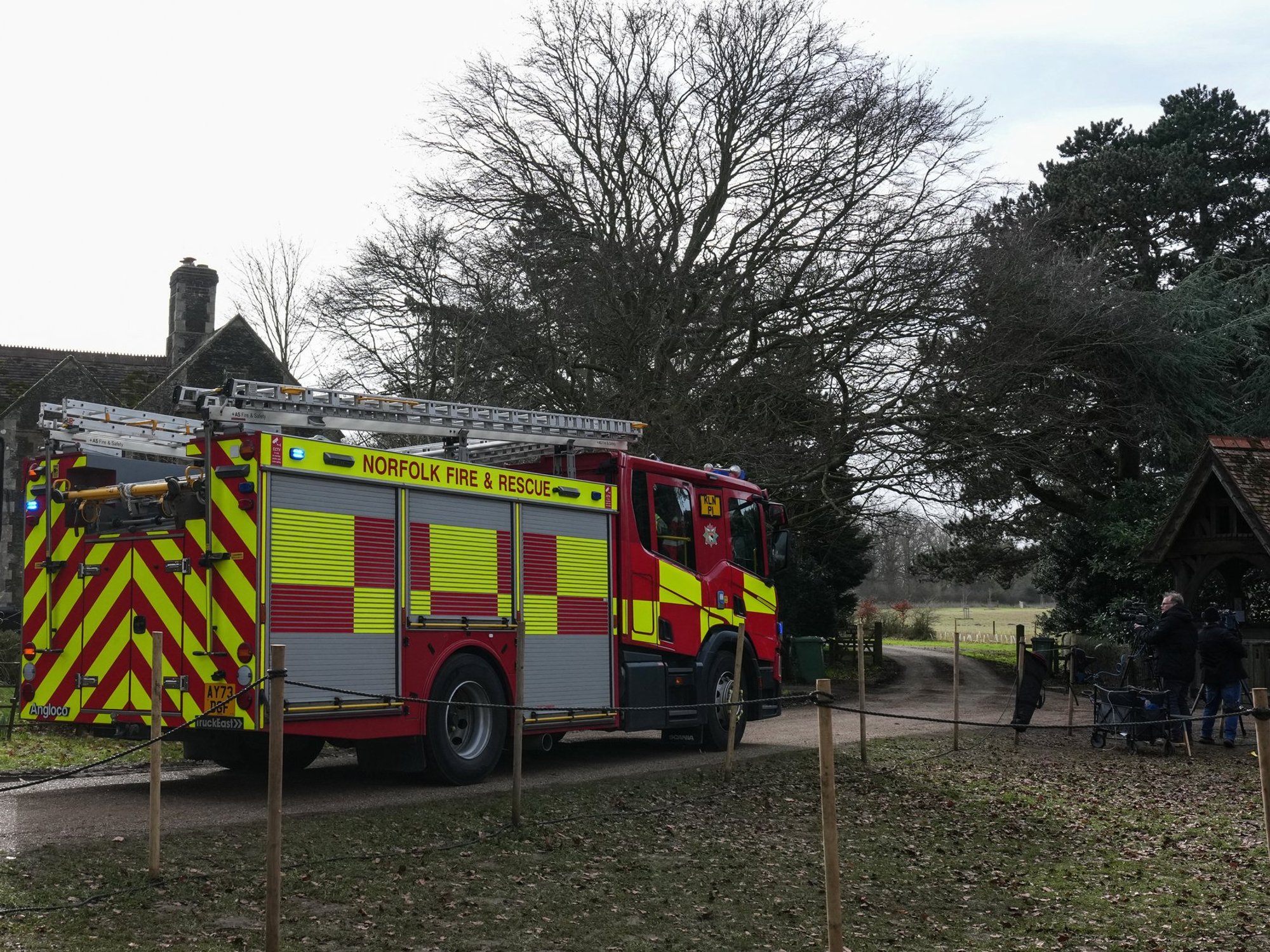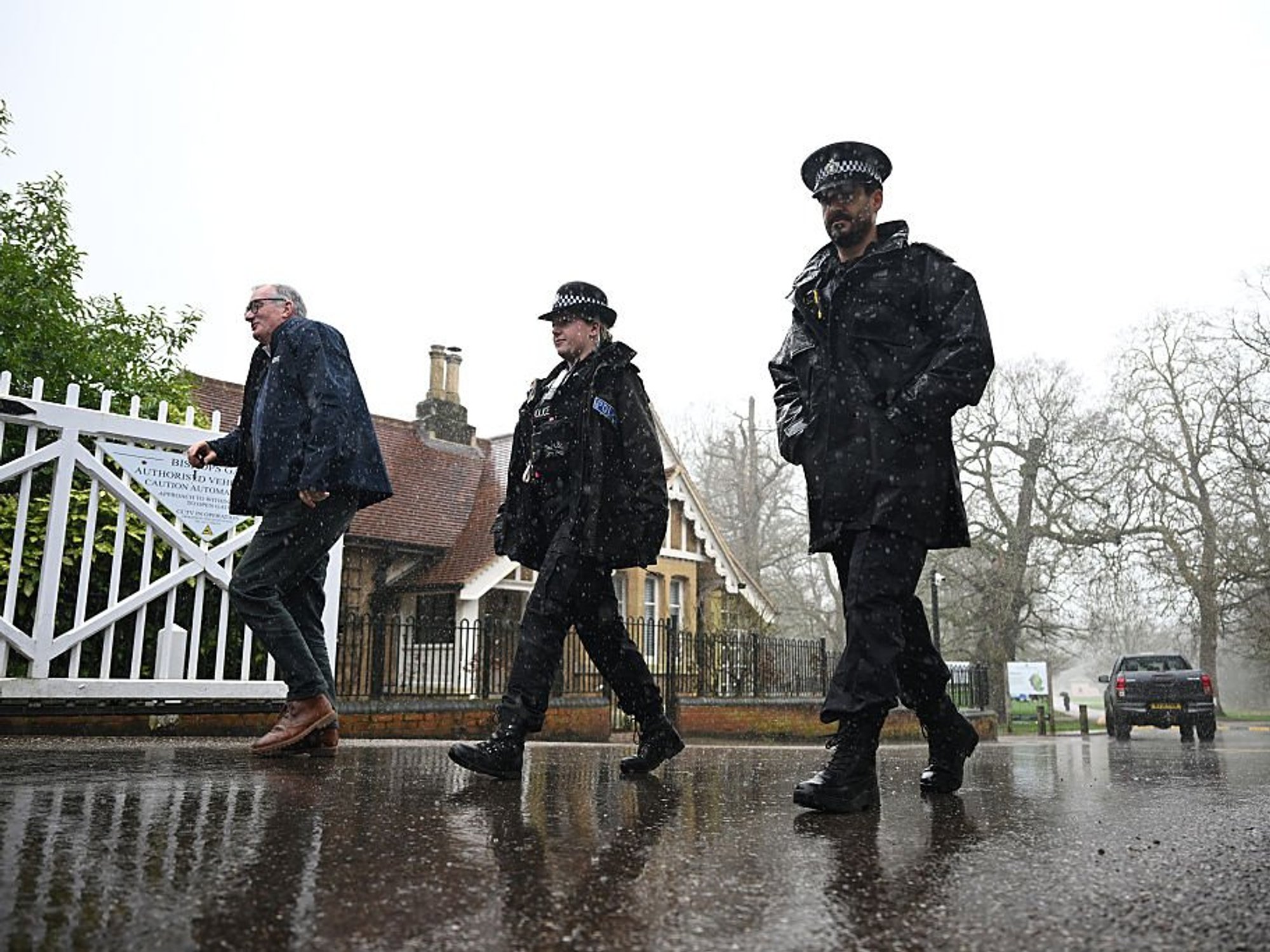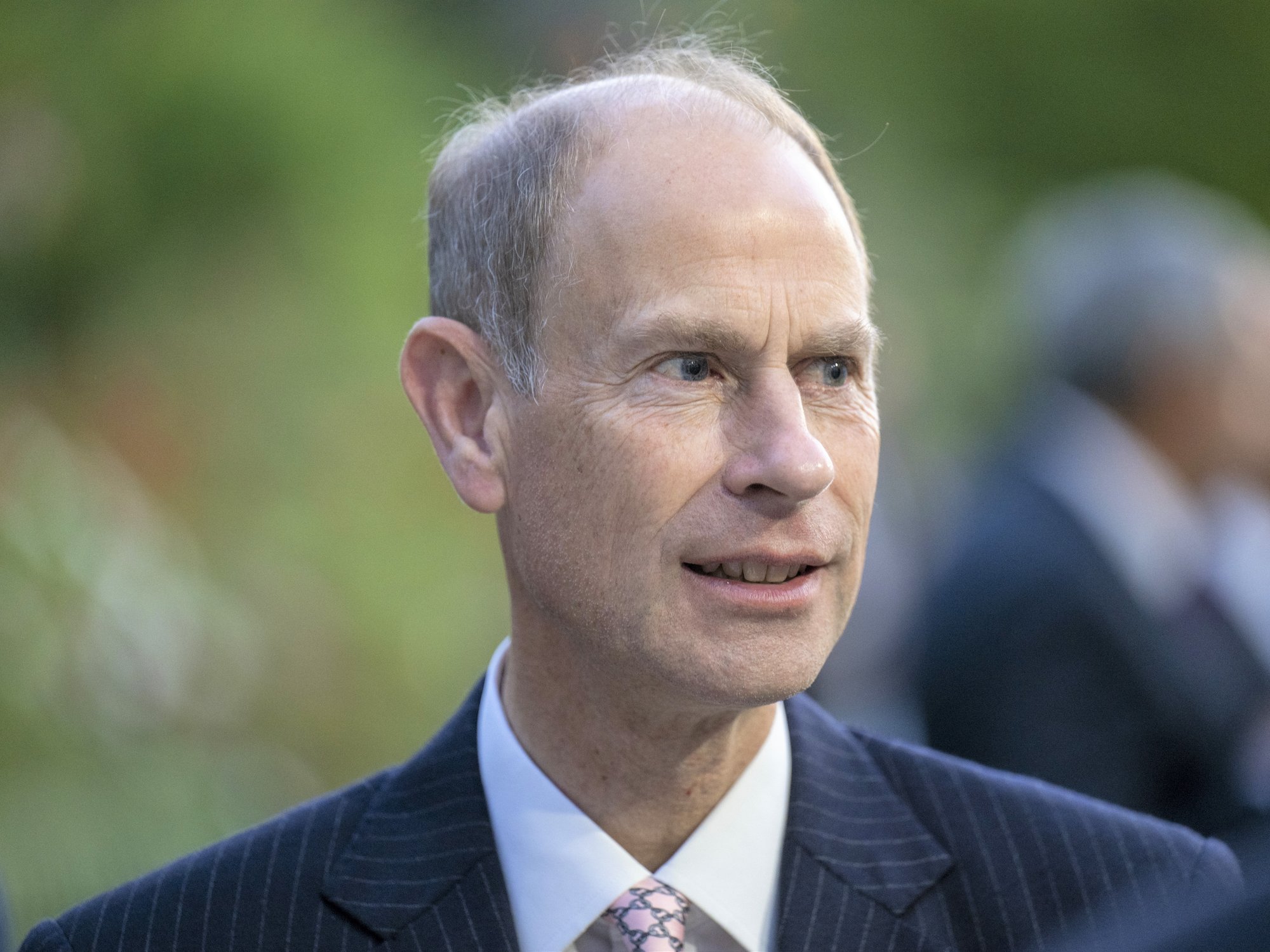Sadiq Khan secures major victory as 'hugely important' 20mph speed limits reduce road deaths
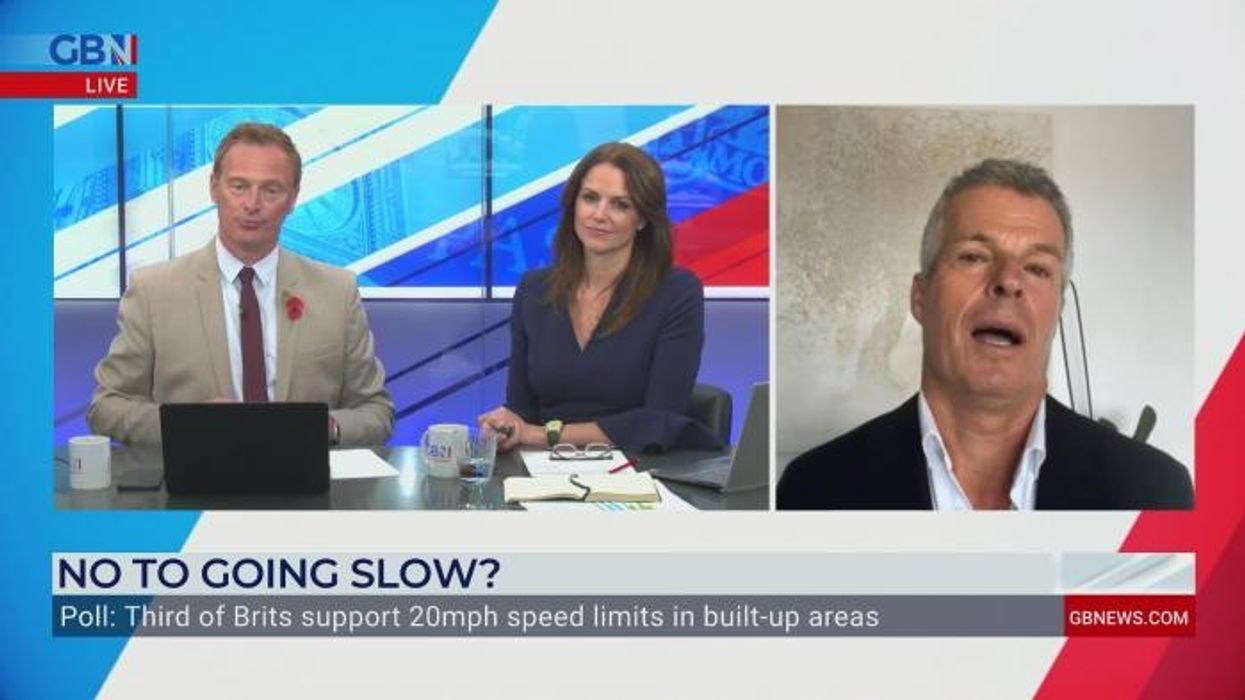
WATCH: 'Mr Loophole' Nick Freeman comments on controversial 20mph speed limit roads
|GB NEWS

Almost £90million of funding has been put towards developing more 20mph speed limit roads
Don't Miss
Most Read
New research from Transport for London has revealed that 20mph speed limits led to a 34 per cent reduction in deaths and serious injuries on borough roads between 1989 and 2013.
The extensive study, the first of its scale in London, analysed more than 150 20mph schemes implemented during this period.
For each scheme, researchers examined data from the three years before and after implementation to assess the impact on road safety.
The findings will support TfL's work towards achieving the Mayor's Vision Zero goal to eliminate death and serious injury from London's transport network and encourage more walking and cycling throughout the capital.
Do you have a story you'd like to share? Get in touch by emailing motoring@gbnews.uk
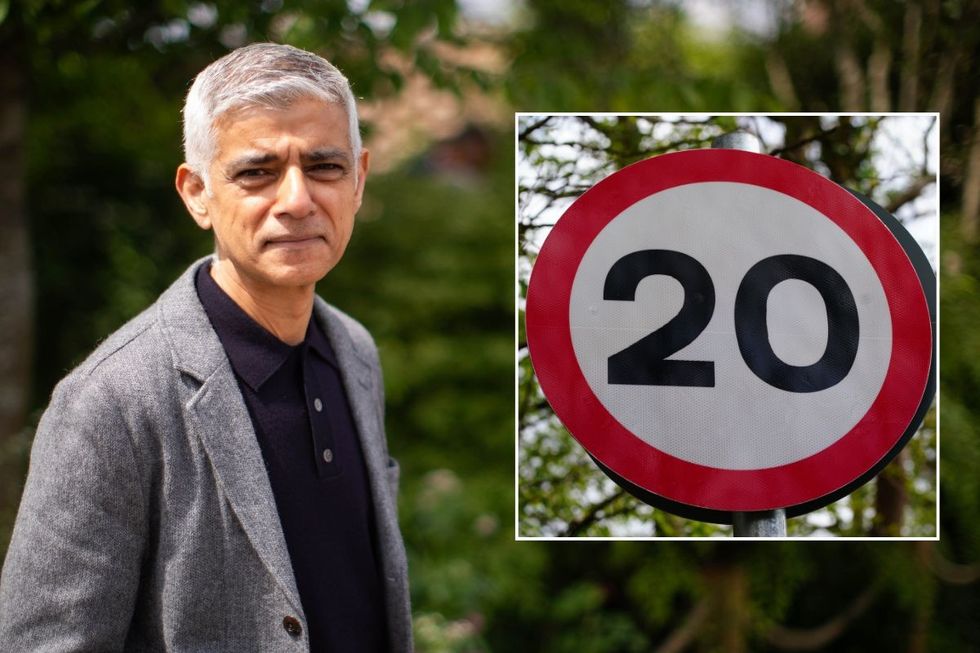
Sadiq Khan has consistently backed the use of 20mph speed limit roads
|PA
20mph schemes led to a 40 per cent reduction in fatalities, falling from 15 to just nine, compared to a background trend of seven per cent fewer deaths across all borough roads.
Child safety saw particularly dramatic improvements, with a 75 per cent reduction in children killed and a 50 per cent reduction in child casualties.
The research also documented a 35 per cent reduction in collisions and 36 per cent reduction in casualties on roads with 20mph limits.
With the exception of motorcycle fatalities, which remained unchanged, slower speed limits reduced deaths and serious injuries across every mode of travel.
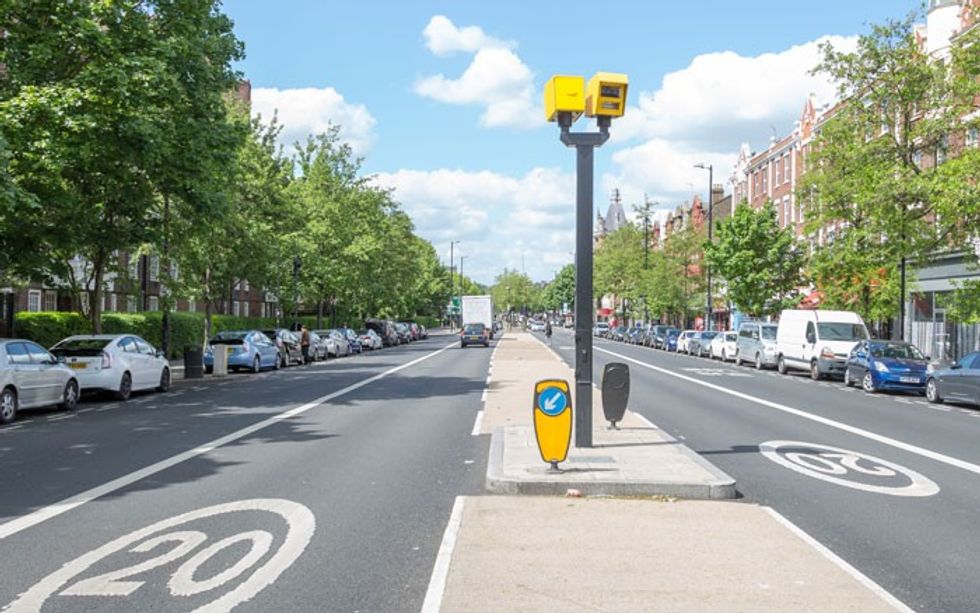
TfL data found that 20mph speed limits were leading to massive safety benefits
| TFLThe report acknowledges that 20mph schemes were not the sole cause of improved road safety during this period, as other improvement measures were also implemented between 1989 and 2013. To account for this, researchers compared the results against background trends seen across all borough roads.
London Mayor Sadiq Khan has been one of the biggest supporters of 20mph speed limits, by announcing that he would "encourage the rollout of 20mph zones across the city" when running in 2016.
As Mayor, Khan has overseen the introduction of more than 264km of 20mph speed limits, meaning over half of London's roads now have 20mph limits.
Transport for London continues to support boroughs through £87.6million in Local Implementation Planning funding confirmed for 2025-26, which will help introduce further 20mph zones and other road safety measures.
LATEST DEVELOPMENTS:
Will Norman, Walking and Cycling Commissioner, said: "Slower speeds not only protect the most vulnerable, they also help create safer, more welcoming streets, and are a vital part of building a safer London for everyone.
"The Mayor and I are proud that London is leading the way with bold, evidence-led action to reduce danger on our roads, and we will continue working to eliminate death and serious injury on the transport network as part of our Vision Zero goal."
London boroughs have made significant progress in implementing lower speed limits, with 21 out of 33 boroughs now having a default 20mph speed limit. TfL expects this number to increase following the positive impact these schemes are having on road safety.
Jeremy Leach, from campaign group 20's Plenty for Us, added: "This latest research from TfL backs up other studies that show streets are safer with 20mph speed limits and more people able to walk, wheel and cycle and to be active.
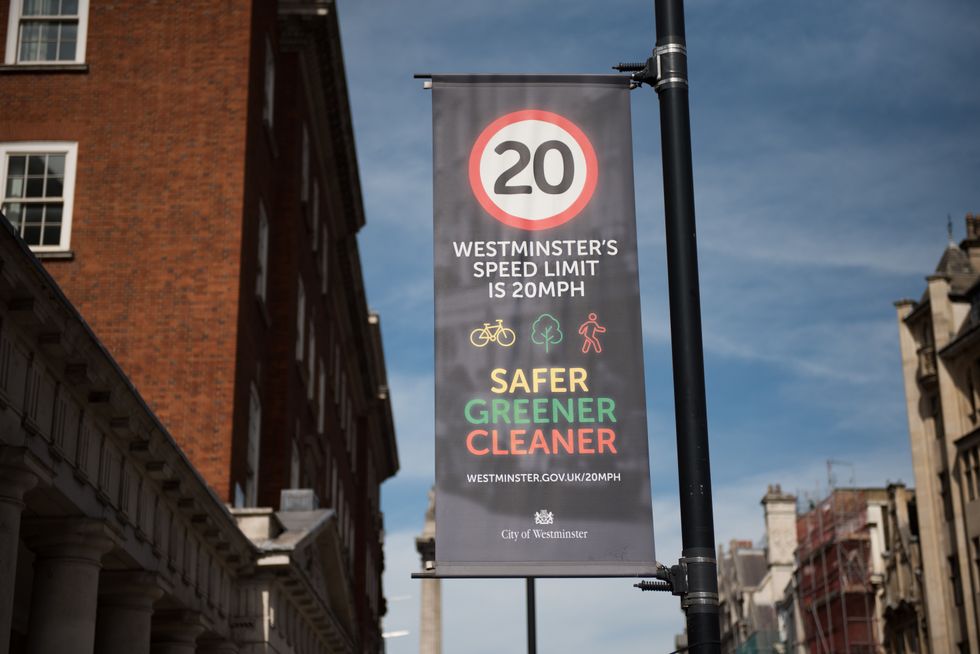
There are more than 264km of 20mph speed limit roads across the capital
|GETTY
"We hope that the small number of London's boroughs that have yet to make widespread use of lower speed limits will not miss this chance to bring in 20mph limits on many of their streets and roads."
Additional benefits include reduced noise pollution, with no negative impact on air quality or journey times.
TfL plans to publish further research on the impact of 20mph schemes across London as part of its continued commitment to improving road safety throughout the capital.
Lilli Matson, TfL's Chief Safety, Health and Environment Officer, said the findings were "hugely important", with the transport authority committed to cutting road deaths and injuries further in the future.






